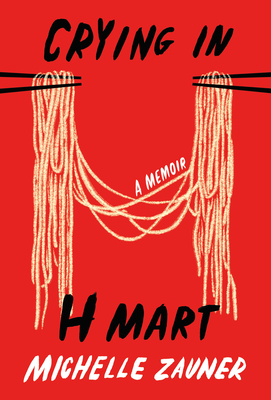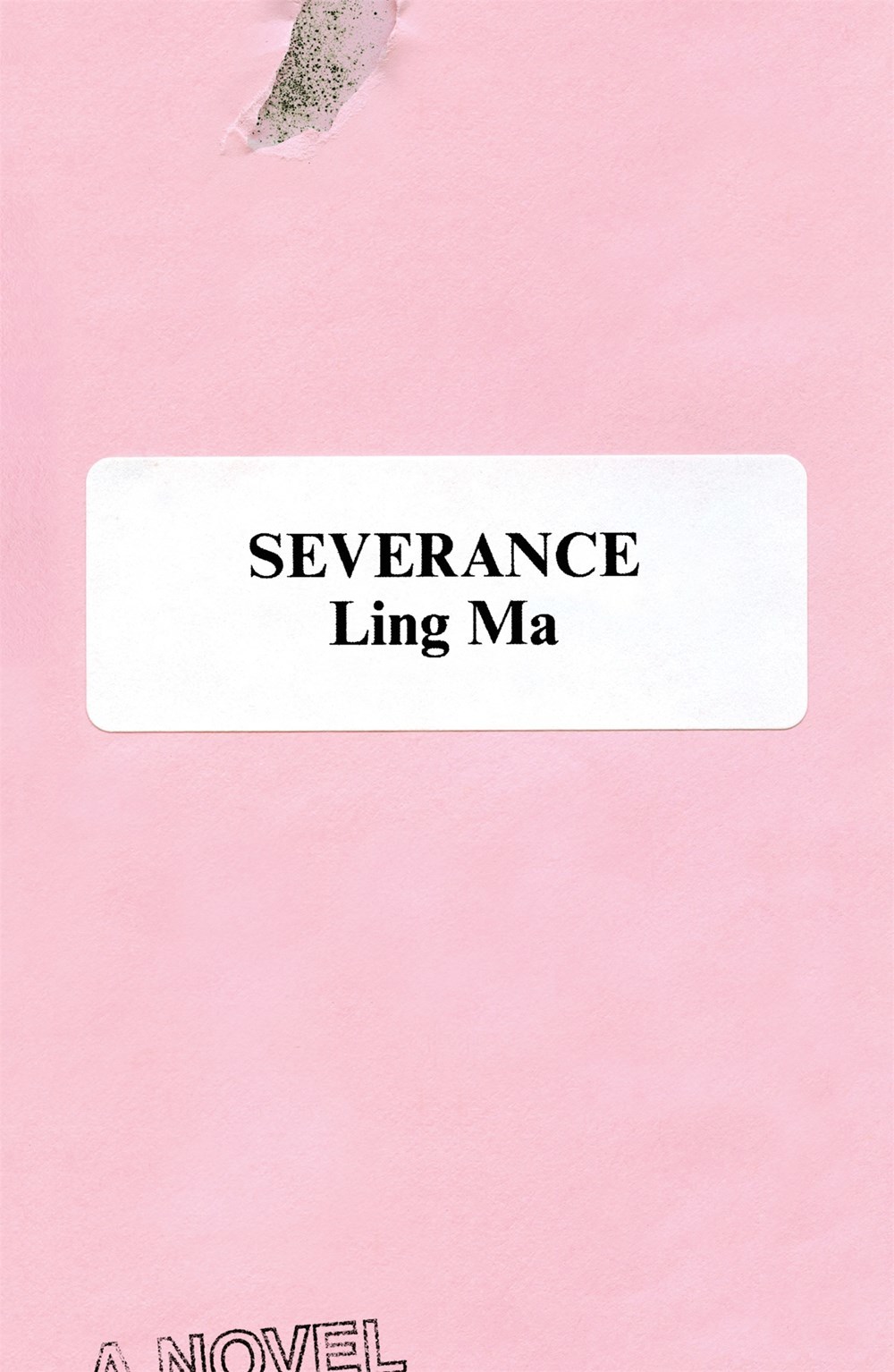May Book Nominations
At The Foot Of The Cherry Tree by Alli Parker
Gordon Parker is just an eager eighteen-year-old Australian boy desperate to fight for his country, and Nobuko 'Cherry' Sakuramoto is a sixteen-year-old girl struggling to survive in Japan in the aftermath of World War II. But when they fall in love, they change the course of history.
When Gordon arrived in Japan, he expected ruthless samurai, angry Japanese men ready to kill Australians at every corner. Instead, he found Cherry, terrified of ex-enemy soldiers, a 16-year-old survivor of the atomic bomb. Against all the rules and against all odds, they fall in love. But when Gordon discovers the White Australia Policy prevents Cherry coming home with him as his war bride, Gordon does what any 20-year-old soldier would do. He vows to fight. Leaving Cherry alone and pregnant in post-war Japan, Gordon somehow has to convinces his family to accept his marriage and wage a desperate campaign against a xenophobic and war-scarred government to allow his wife and his family to come home.
When Gordon arrived in Japan, he expected ruthless samurai, angry Japanese men ready to kill Australians at every corner. Instead, he found Cherry, terrified of ex-enemy soldiers, a 16-year-old survivor of the atomic bomb. Against all the rules and against all odds, they fall in love. But when Gordon discovers the White Australia Policy prevents Cherry coming home with him as his war bride, Gordon does what any 20-year-old soldier would do. He vows to fight. Leaving Cherry alone and pregnant in post-war Japan, Gordon somehow has to convinces his family to accept his marriage and wage a desperate campaign against a xenophobic and war-scarred government to allow his wife and his family to come home.
- Genre: Historical Fiction, Romance, Japan
- Pages: 336
- Average Rating: 4.27
- Triggers: Death, Death of a parent, War
They Called Us Exceptional: And Other Lies That Raised Us by Prachi Gupta
How do we understand ourselves when the story about who we are supposed to be is stronger than our sense of self? What do we stand to gain—and lose—by taking control of our narrative? These questions propel Prachi Gupta’s heartfelt memoir and can feel particularly fraught for immigrants and their children who live under immense pressure to belong in America.
Prachi Gupta’s family embodied the American a doctor father and a nurturing mother who raised two high-achieving children with one foot in the Indian American community, the other in Pennsylvania’s white suburbia. But their belonging was predicated on a powerful that Asian Americans have perfected the alchemy of middle-class life, raising tight-knit, ambitious families that are immune to hardship. Molding oneself to fit this perfect image often comes at a steep but hidden cost. In They Called Us Exceptional, Gupta articulates the dissonance, shame, and isolation of being upheld as an American success story while privately navigating traumas invisible to the outside world.
Gupta addresses her mother throughout the book, weaving a deeply vulnerable personal narrative with history, postcolonial theory, and research on mental health, to show how she slowly made sense of her reality and freed herself emotionally and physically from the pervasive, reductive myth that had once defined her. But, tragically, the act that liberated Gupta was also the act that distanced her from those she loved most. By charting her family’s slow unraveling and her determination to break the cycle, Gupta shows how traditional notions of success keep us disconnected from ourselves and one another—and passionately argues why we must orient ourselves toward compassion over belonging.
Prachi Gupta’s family embodied the American a doctor father and a nurturing mother who raised two high-achieving children with one foot in the Indian American community, the other in Pennsylvania’s white suburbia. But their belonging was predicated on a powerful that Asian Americans have perfected the alchemy of middle-class life, raising tight-knit, ambitious families that are immune to hardship. Molding oneself to fit this perfect image often comes at a steep but hidden cost. In They Called Us Exceptional, Gupta articulates the dissonance, shame, and isolation of being upheld as an American success story while privately navigating traumas invisible to the outside world.
Gupta addresses her mother throughout the book, weaving a deeply vulnerable personal narrative with history, postcolonial theory, and research on mental health, to show how she slowly made sense of her reality and freed herself emotionally and physically from the pervasive, reductive myth that had once defined her. But, tragically, the act that liberated Gupta was also the act that distanced her from those she loved most. By charting her family’s slow unraveling and her determination to break the cycle, Gupta shows how traditional notions of success keep us disconnected from ourselves and one another—and passionately argues why we must orient ourselves toward compassion over belonging.
- Genre: Memoir, Non-Fiction
- Pages: 288
- Average Rating: 4.35
- Triggers: Racism, Sexual Assault, Domestic Abuse, Depression, Suicidal Ideation
The Leftover Woman by Jean Kwok
Years after a breakdown and a diagnosis of dissociative identity disorder derailed her historical preservationist career, Kenetria Nash and her alters have been given a second chance they can’t refuse: a position as resident caretaker of a historic home. Having been dormant for years, Ken has no idea what led them to this isolated Hudson River island, but she’s determined not to ruin their opportunity.
Then a surprise visit from the home’s conservation trust just as a Nor’easter bears down on the island disrupts her newfound life, leaving Ken trapped with a group of possibly dangerous strangers—including the man who brought her life tumbling down years earlier. When he turns up dead, Ken is the prime suspect.
Caught in a web of secrets and in a race against time, Ken and her alters must band together to prove their innocence and discover the truth of Kavanaugh Island—and their own past—or they risk losing not only their future, but their life.
Then a surprise visit from the home’s conservation trust just as a Nor’easter bears down on the island disrupts her newfound life, leaving Ken trapped with a group of possibly dangerous strangers—including the man who brought her life tumbling down years earlier. When he turns up dead, Ken is the prime suspect.
Caught in a web of secrets and in a race against time, Ken and her alters must band together to prove their innocence and discover the truth of Kavanaugh Island—and their own past—or they risk losing not only their future, but their life.
- Genre: Mystery, Thriller
- Pages: 288
- Average Rating: 3.75
- Triggers: N/A
Panchiko by Min Jin Lee
In the early 1900s, teenaged Sunja, the adored daughter of a crippled fisherman, falls for a wealthy stranger at the seashore near her home in Korea. He promises her the world, but when she discovers she is pregnant—and that her lover is married—she refuses to be bought. Instead, she accepts an offer of marriage from a gentle, sickly minister passing through on his way to Japan. But her decision to abandon her home, and to reject her son's powerful father, sets off a dramatic saga that will echo down through the generations.
Richly told and profoundly moving, Pachinko is a story of love, sacrifice, ambition, and loyalty. From bustling street markets to the halls of Japan's finest universities to the pachinko parlors of the criminal underworld, Lee's complex and passionate characters—strong, stubborn women, devoted sisters and sons, fathers shaken by moral crisis—survive and thrive against the indifferent arc of history.
Richly told and profoundly moving, Pachinko is a story of love, sacrifice, ambition, and loyalty. From bustling street markets to the halls of Japan's finest universities to the pachinko parlors of the criminal underworld, Lee's complex and passionate characters—strong, stubborn women, devoted sisters and sons, fathers shaken by moral crisis—survive and thrive against the indifferent arc of history.
- Genre: Historical Fiction, Japan
- Pages: 496
- Average Rating: 4.34
- Triggers: Racism, Misogyny, Physical & Emotional Abuse, Suicide, Starvation, Death of a parent, Colonialism
Crying in H Mart by Michelle Zauner
In this exquisite story of family, food, grief, and endurance, Michelle Zauner proves herself far more than a dazzling singer, songwriter, and guitarist. With humour and heart, she tells of growing up the only Asian-American kid at her school in Eugene, Oregon; of struggling with her mother’s particular, high expectations of her; of a painful adolescence; of treasured months spent in her grandmother’s tiny apartment in Seoul, where she and her mother would bond, late at night, over heaping plates of food. As she grew up, moving to the east coast for college, finding work in the restaurant industry, performing gigs with her fledgling band – and meeting the man who would become her husband – her Koreanness began to feel ever more distant, even as she found the life she wanted to live.
It was her mother’s diagnosis of terminal pancreatic cancer, when Michelle was twenty-five, that forced a reckoning with her identity and brought her to reclaim the gifts of taste, language, and history her mother had given her.
It was her mother’s diagnosis of terminal pancreatic cancer, when Michelle was twenty-five, that forced a reckoning with her identity and brought her to reclaim the gifts of taste, language, and history her mother had given her.
- Genre: Memoir, Non-Fiction
- Pages: 243
- Average Rating: 4.25
- Triggers: Addiction, alcoholism, Abortion, Cancer, Death of a parent, Depiction of grief
Severance by Ling Ma
Candace Chen, a millennial drone self-sequestered in a Manhattan office tower, is devoted to routine. So she barely notices when a plague of biblical proportions sweeps New York. Then Shen Fever spreads. Families flee. Companies halt operations. The subways squeak to a halt. Soon entirely alone, still unfevered, she photographs the eerie, abandoned city as the anonymous blogger NY Ghost.
Candace won’t be able to make it on her own forever, though. Enter a group of survivors, led by the power-hungry IT tech Bob. They’re traveling to a place called the Facility, where, Bob promises, they will have everything they need to start society anew. But Candace is carrying a secret she knows Bob will exploit. Should she escape from her rescuers?
Candace won’t be able to make it on her own forever, though. Enter a group of survivors, led by the power-hungry IT tech Bob. They’re traveling to a place called the Facility, where, Bob promises, they will have everything they need to start society anew. But Candace is carrying a secret she knows Bob will exploit. Should she escape from her rescuers?
- Genre: Science Fiction, Dystopia
- Pages: 291
- Average Rating: 3.90
- Triggers: Suicide, Pregnancy, Plague, Death of Parents, Imprisonment






Comments
Post a Comment